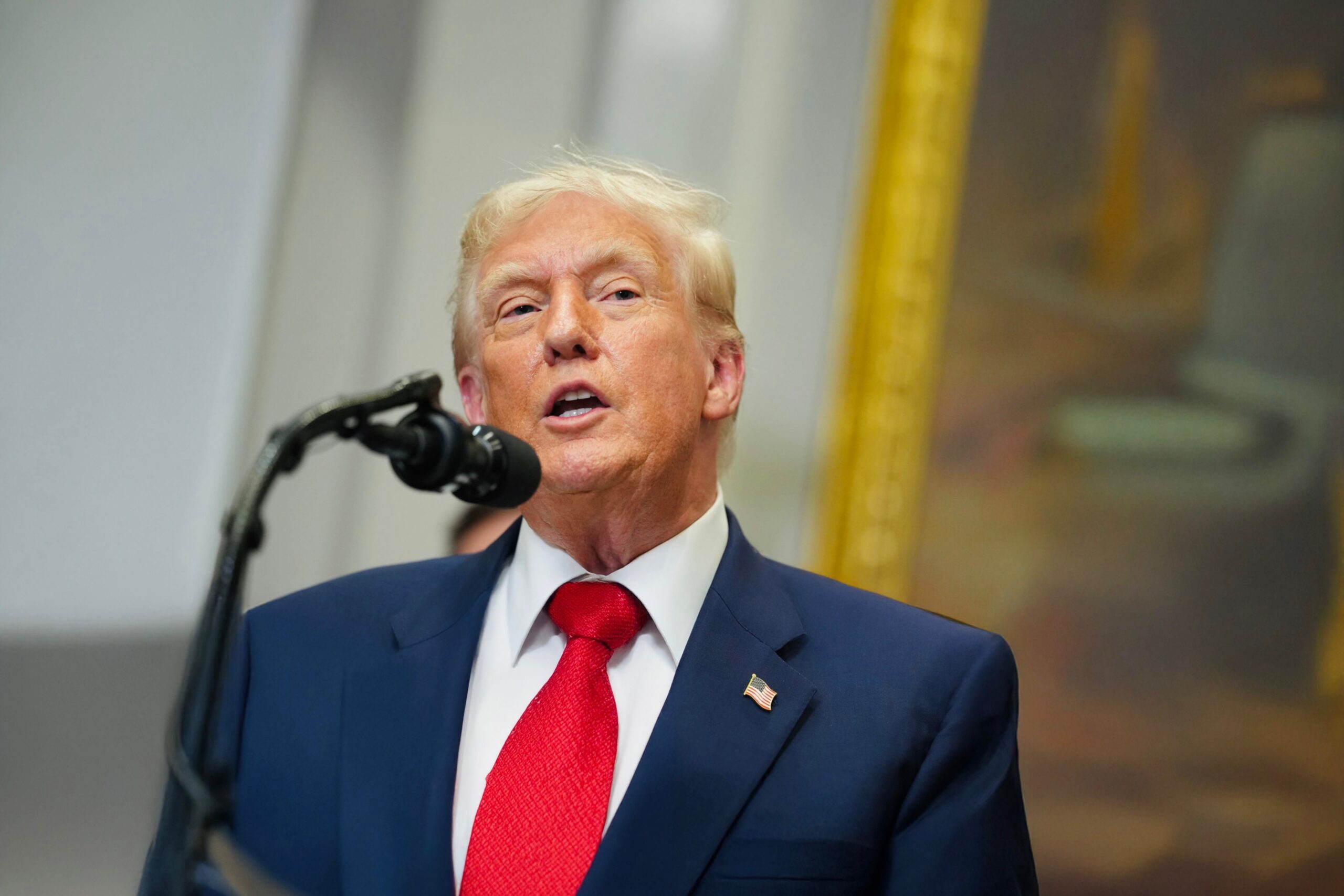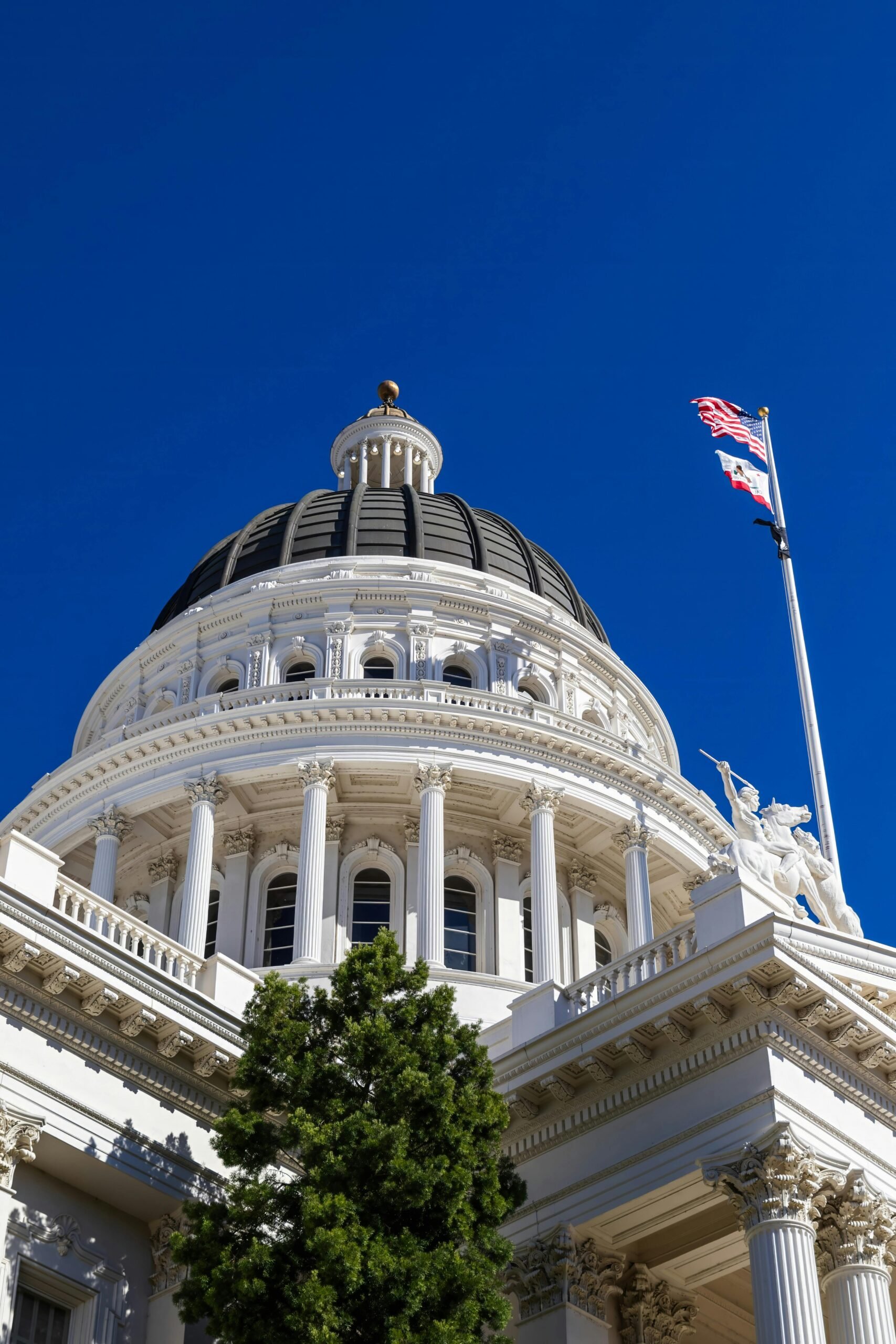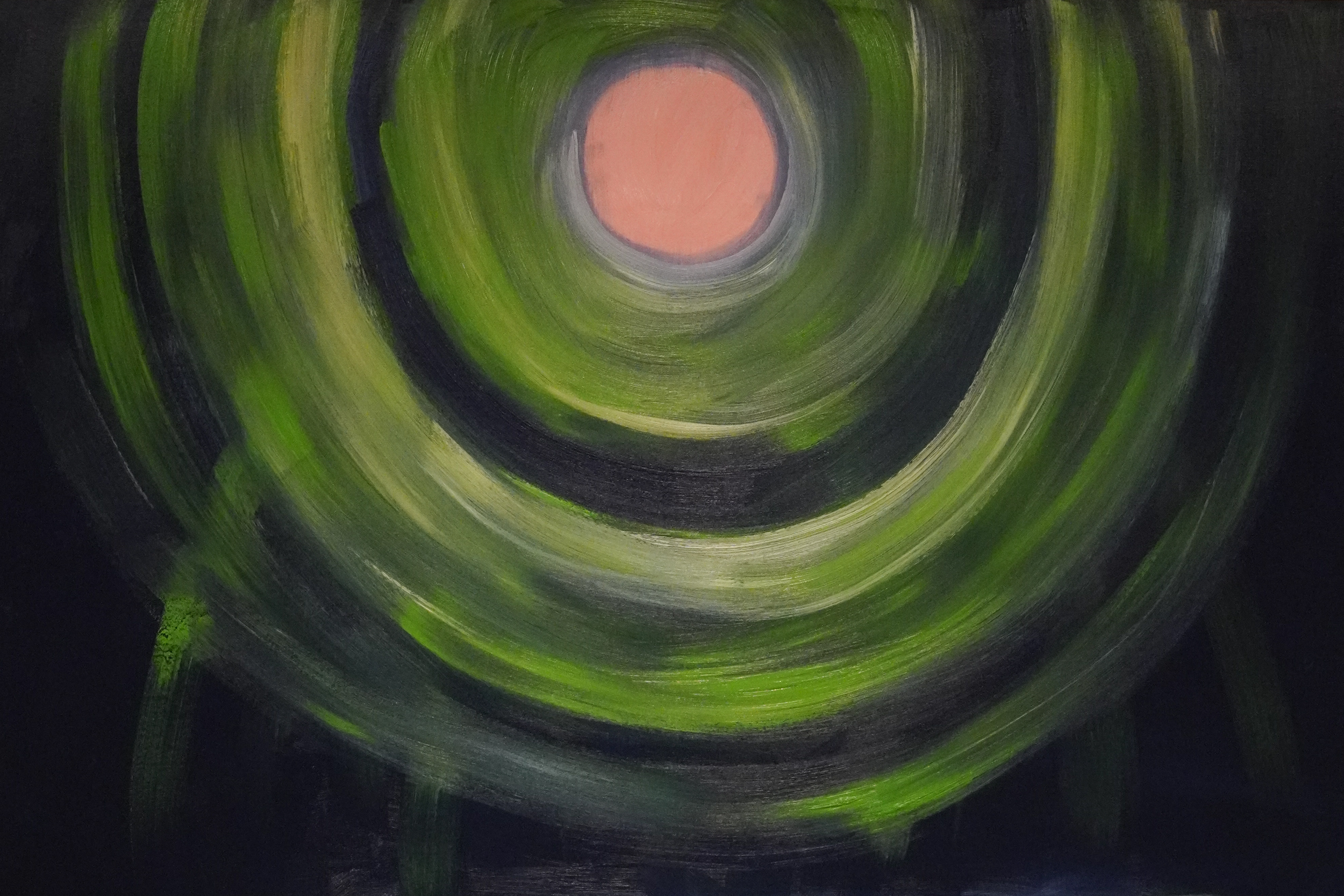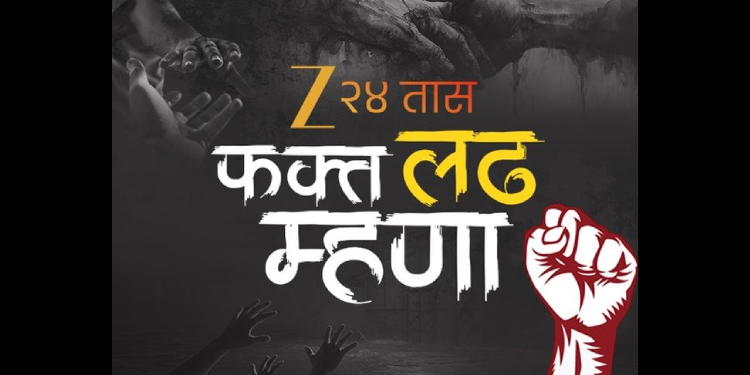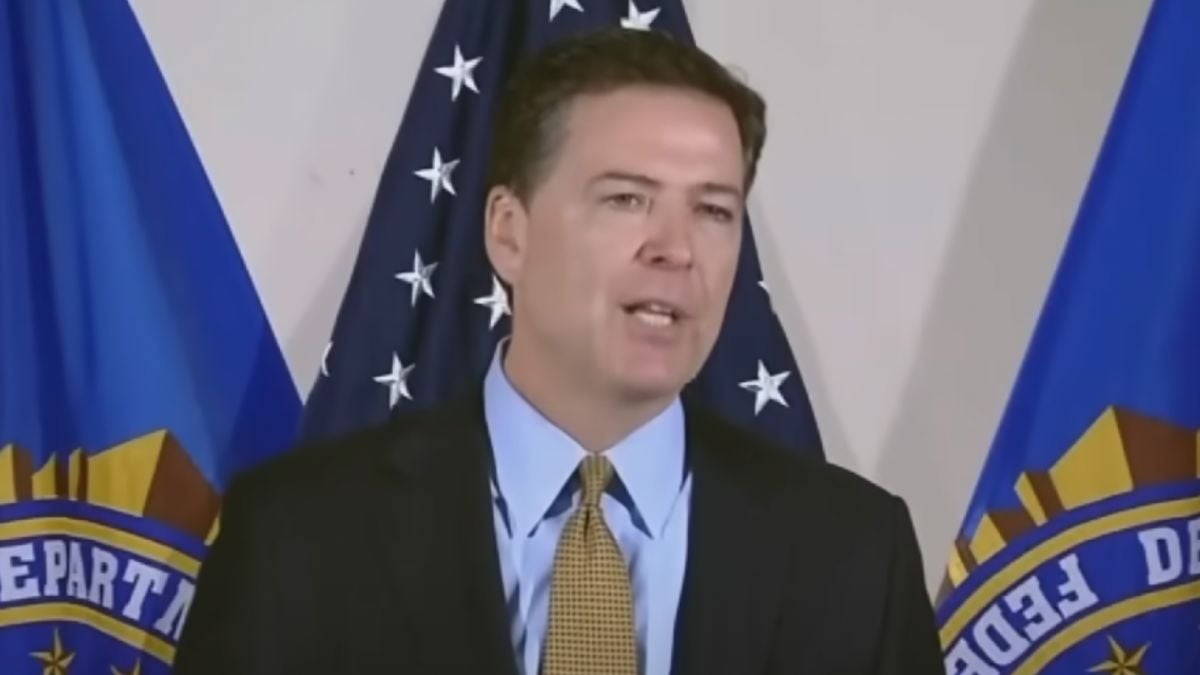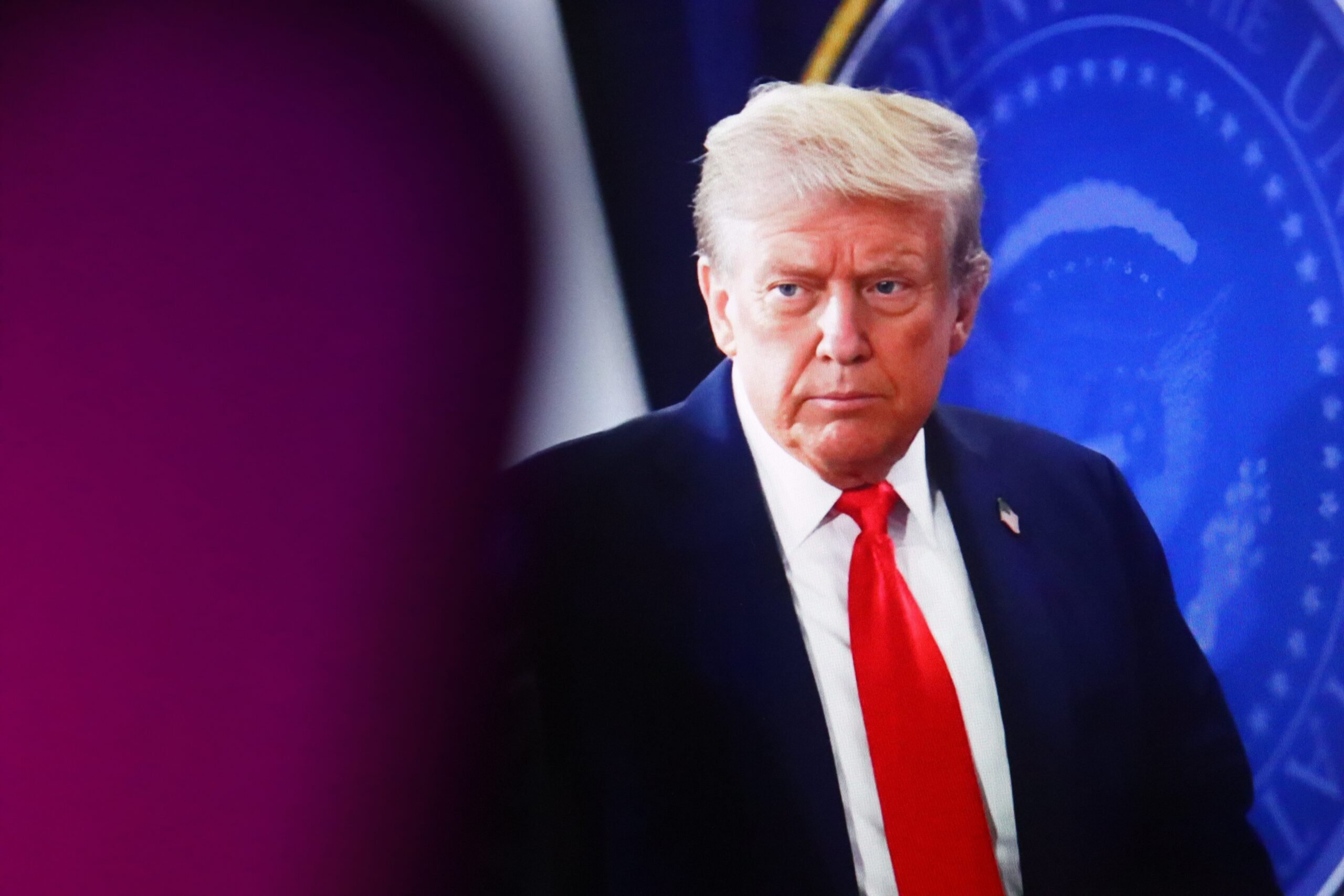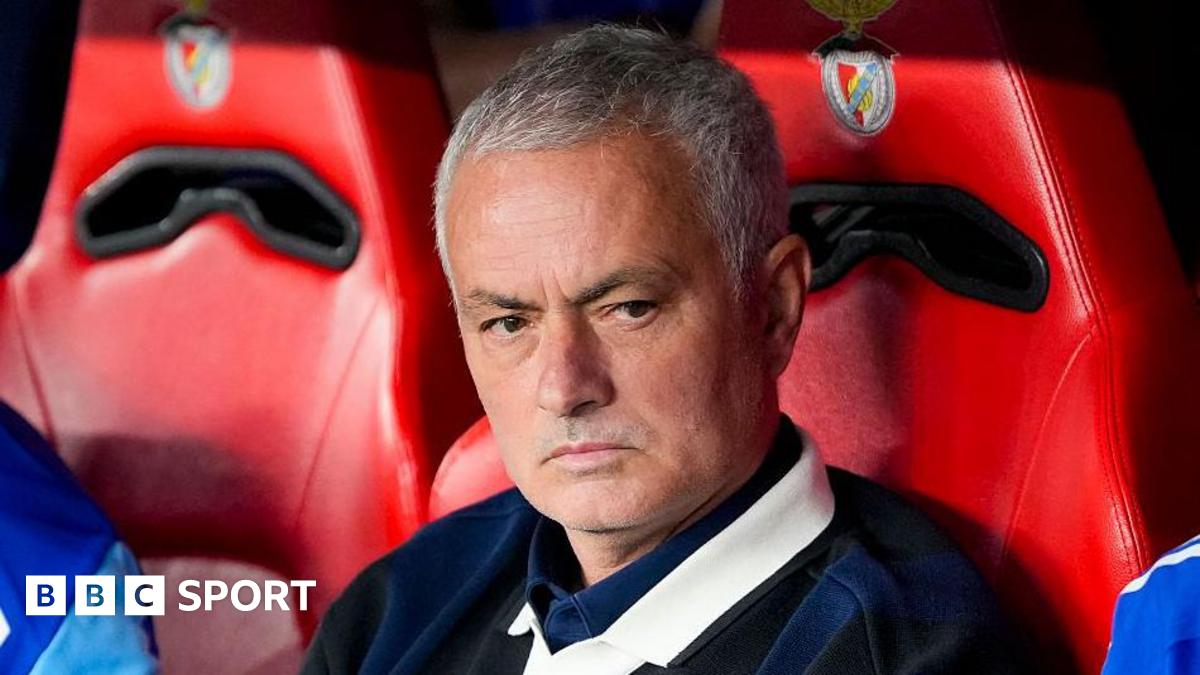Muhammad Yunus of Bangladesh again dismisses violence against Hindus as ‘fake news’, says India is deliberately highlighting ‘normal conflicts’ as anti-Hindu crimes
In a recent interview with leftist Islamist ‘journalist’ Mehdi Hasan, Muhammad Yunus, the leader of the Interim Government of Bangladesh, dismissed large-scale Islamist onslaught against Hindus as ‘fake news’. Demonstrating peak shamelessness, Yunus accused India of highlighting ‘normal’ crimes as anti-Hindu violence as if suggesting that targeted attacks on Hindus for their religious identity is normal for him and so it should be for the world. I asked interim Bangladeshi leader and Nobel Peace Laureate Muhammad Yunus about accusations of anti-Hindu violence in his country since the revolution that forced out the Hasina government.Watch his response below, and the full interview here:https://t.co/vQGDaoyk89 pic.twitter.com/MX7UEiZsDo— Mehdi Hasan (@mehdirhasan) October 2, 2025 Framing his question, Mehdi Hasan said that even US President Donald Trump called the Islamist violence against Hindus in Bangladesh “barbaric” and that around 30,000 Hindus came on streets in the unrest-hit country to protest against the brutalities Islamists were committing. He also mentioned the arrest of Hindu monk affiliated with ISKCON, Chinmoy Krishna, and cases of violence against Hindus citing foreign media reports. However, instead of acknowledging that Islamists, backed by anti-Hindu and anti-India parties like the Jamaat-e-Islami and Bangladesh Nationalist Party (BNP), looted, raped and killed Hindus and vandalised their temples and idols, Yunus decided to stick to his Goebbelsian propaganda and conveniently blamed India. “One of the specialties of India right now is fake news. A barrage of fake news. There’s no anti-Hindu violence,” Muhammad Yunus told Mehdi Hasan on the sidelines of the United Nations General Assembly (UNGA) in New York. However, Yunus did not elaborate on what exactly is India-pushed fake news? Chinmoy Krishna Das’s arrest in November last year. Or that he was booked on charges of sedition since he was leading the protests demanding security and protection of Hindu minorities in Bangladesh? What was fake news, that Hindu houses were looted, women raped, Jizya was being collected in many places to spare the lives of Hindus, temples were destroyed, idols desecrated, or that Hindu men were killed not because of their political leanings, but simply because of their religious identity? Muhammad Yunus, who was gleefully shaking hands with Trump on the sidelines of UNGA as if mere meeting with Trump was some sort of achievement, essentially suggested that Trump was wrong in calling anti-Hindu violence in Bangladesh “barbaric”. “Yes, yes, whether Donald Trump ever said anything like that, whether he had any knowledge what’s happening in Bangladesh right now”, he added, laughing. It essential to recall that in October 2024, Trump had published a social media post wherein he vowed to protect American Hindus, and also condemned the violence against the Hindus and other minority groups in Bangladesh after the forced resignation of former Prime Minister Sheikh Hasina. He said, “I strongly condemn the barbaric violence against Hindus, Christians, and other minorities who are getting attacked and looted by mobs in Bangladesh, which remains in a total state of chaos.” When Mehdi Hasan asked if Muhammad Yunus is insinuating that there is no anti-Hindu violence at all. The leader of the interim government said, “That’s not true. There is a normal kind of relationship that goes on, so some conflict sometimes, sometimes family problem, land problem and something. You happen to be my neighbour. You are a Hindu neighbour. I am a Muslim neighbour. We have a problem with our land demarcation, just like two neighbours. So, you said this is Hindu-Muslim. That it’s not,” Yunus said. As Hasan interrupted him to say that independent media reports also say that there has been an increase in cases of anti-Hindu violence, which Yunus deems ‘normal’ incidents devoid of communality, Yunus said, “No, it has not increased. I would say that government is very alert on that one because this is the one thing that India is always pushing that we are…” When asked to give a message to Bangladeshi Hindus, Muhammad Yunus urged them not to “isolate” themselves, as if Hindus are forming Hindu-specific area, separate electorates, or boycotting Muslims. Perhaps, this was Yunus’s way of blaming Hindus for their own misery. Yunus has habitually been dismissing, whitewashing and trivialising anti-Hindu violence in Bangladesh This, however, is not the first time that Muhammad Yunus has downplayed rather dismissed anti-Hindu violence and blamed India. Initially, Yunus denies incidents of Islamist violence against Hindus but when it becomes undeniable that Hindus were indeed subjected attacks and their properties vandalised, he shrewdly downplays the real driver, the Islamic hatred for Hindus, and argues that the crime happened over land, money and other non-religious dispute. During an interview with B
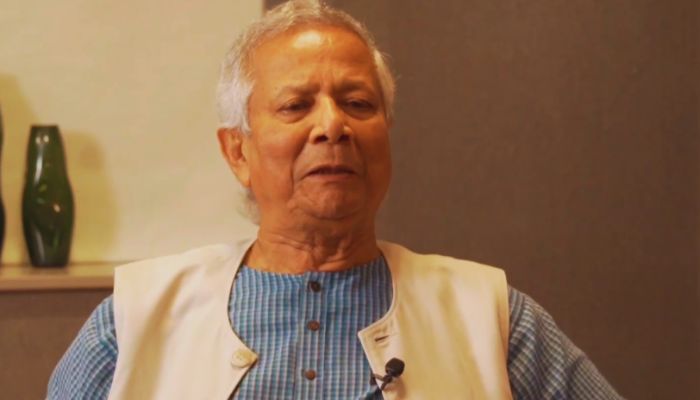


In a recent interview with leftist Islamist ‘journalist’ Mehdi Hasan, Muhammad Yunus, the leader of the Interim Government of Bangladesh, dismissed large-scale Islamist onslaught against Hindus as ‘fake news’. Demonstrating peak shamelessness, Yunus accused India of highlighting ‘normal’ crimes as anti-Hindu violence as if suggesting that targeted attacks on Hindus for their religious identity is normal for him and so it should be for the world.
I asked interim Bangladeshi leader and Nobel Peace Laureate Muhammad Yunus about accusations of anti-Hindu violence in his country since the revolution that forced out the Hasina government.
— Mehdi Hasan (@mehdirhasan) October 2, 2025
Watch his response below, and the full interview here:https://t.co/vQGDaoyk89 pic.twitter.com/MX7UEiZsDo
Framing his question, Mehdi Hasan said that even US President Donald Trump called the Islamist violence against Hindus in Bangladesh “barbaric” and that around 30,000 Hindus came on streets in the unrest-hit country to protest against the brutalities Islamists were committing. He also mentioned the arrest of Hindu monk affiliated with ISKCON, Chinmoy Krishna, and cases of violence against Hindus citing foreign media reports.
However, instead of acknowledging that Islamists, backed by anti-Hindu and anti-India parties like the Jamaat-e-Islami and Bangladesh Nationalist Party (BNP), looted, raped and killed Hindus and vandalised their temples and idols, Yunus decided to stick to his Goebbelsian propaganda and conveniently blamed India.
“One of the specialties of India right now is fake news. A barrage of fake news. There’s no anti-Hindu violence,” Muhammad Yunus told Mehdi Hasan on the sidelines of the United Nations General Assembly (UNGA) in New York.
However, Yunus did not elaborate on what exactly is India-pushed fake news? Chinmoy Krishna Das’s arrest in November last year. Or that he was booked on charges of sedition since he was leading the protests demanding security and protection of Hindu minorities in Bangladesh? What was fake news, that Hindu houses were looted, women raped, Jizya was being collected in many places to spare the lives of Hindus, temples were destroyed, idols desecrated, or that Hindu men were killed not because of their political leanings, but simply because of their religious identity?
Muhammad Yunus, who was gleefully shaking hands with Trump on the sidelines of UNGA as if mere meeting with Trump was some sort of achievement, essentially suggested that Trump was wrong in calling anti-Hindu violence in Bangladesh “barbaric”.
“Yes, yes, whether Donald Trump ever said anything like that, whether he had any knowledge what’s happening in Bangladesh right now”, he added, laughing.
It essential to recall that in October 2024, Trump had published a social media post wherein he vowed to protect American Hindus, and also condemned the violence against the Hindus and other minority groups in Bangladesh after the forced resignation of former Prime Minister Sheikh Hasina.
He said, “I strongly condemn the barbaric violence against Hindus, Christians, and other minorities who are getting attacked and looted by mobs in Bangladesh, which remains in a total state of chaos.”

When Mehdi Hasan asked if Muhammad Yunus is insinuating that there is no anti-Hindu violence at all. The leader of the interim government said, “That’s not true. There is a normal kind of relationship that goes on, so some conflict sometimes, sometimes family problem, land problem and something. You happen to be my neighbour. You are a Hindu neighbour. I am a Muslim neighbour. We have a problem with our land demarcation, just like two neighbours. So, you said this is Hindu-Muslim. That it’s not,” Yunus said.
As Hasan interrupted him to say that independent media reports also say that there has been an increase in cases of anti-Hindu violence, which Yunus deems ‘normal’ incidents devoid of communality, Yunus said, “No, it has not increased. I would say that government is very alert on that one because this is the one thing that India is always pushing that we are…”
When asked to give a message to Bangladeshi Hindus, Muhammad Yunus urged them not to “isolate” themselves, as if Hindus are forming Hindu-specific area, separate electorates, or boycotting Muslims. Perhaps, this was Yunus’s way of blaming Hindus for their own misery.
Yunus has habitually been dismissing, whitewashing and trivialising anti-Hindu violence in Bangladesh
This, however, is not the first time that Muhammad Yunus has downplayed rather dismissed anti-Hindu violence and blamed India. Initially, Yunus denies incidents of Islamist violence against Hindus but when it becomes undeniable that Hindus were indeed subjected attacks and their properties vandalised, he shrewdly downplays the real driver, the Islamic hatred for Hindus, and argues that the crime happened over land, money and other non-religious dispute.
During an interview with BBC in March this year, Muhammad Yunus claimed that the ‘crime rate’ in Bangladesh had not increased after his interim government came to power. This came even as there was a 50% increase in cases of robbery across Bangladesh over the last 6 months, as per local media.
In June this year, Muhammad Yunus made an audacious attempt to shift blame onto New Delhi for strained Indo-Bangladesh relations. Speaking at the Chatham House in London, Yunus also tried to villainise Prime Minister Narendra Modi for not heeding his request to stop Sheikh Hasina from making online speeches and comments, as she resides in India.
When asked about Bangladesh’s appeals to India to extradite Sheikh Hasina to face the court, Yunus said that these efforts will continue. He claimed that Bangladesh wants the best relations with India, but it is the Indian media backed by the Modi government that runs fake news about Bangladesh, which makes matters worse. Yunus and others in power in Bangladesh have also been discrediting India’s role in the 1971 Liberation War that led to the creation of Bangladesh.
Earlier, Muhammad Yunus was upset with OpIndia for not downplaying and whitewashing Islamist violence against Hindus by coming up with ‘Muslim human-chain protecting Hindu temples’ sort of falsehoods, and instead reporting facts. On 22nd May, another violent act was perpetrated against the marginalised community when a Muslim crowd executed arson attacks on Hindu residences in Dahar Mashihati village, located in the Abhaynagar upazila of Jessore district in Bangladesh.
Predictably, the regime of Muhammad Yunus published a long post on X to downplay the communal nature of the crime. However, having realised that his post aimed at negating the OpIndia report exposed his own Islamist nature, the ‘chief advisor’ to the interim government of Bangladesh deleted his controversial tweet.
In May 2025, Through one of his stooges, Mahmudur Rahman Manna (Nagorik Oikya party President), Yunus sent out a message that Bangladesh was faced with a ‘major crisis due to Indian hegemony’.
In April this year, Yunus claimed that Bangladesh is the guardian of ocean access for India’s Northeast states, and these states, landlocked and with limited connectivity, should be used as an extension of China’s economy. Following the undemocratic ouster of Sheikh Hasina, he made similar controversial claims about India’s seven sisters (Tripura, Assam, Arunachal Pradesh, Mizoram, Manipur, Nagaland and Meghalaya). “If you destabilise Bangladesh, it will spill over all around Bangladesh, including Myanmar and the seven sisters, in West Bengal everywhere,” he claimed in August 2024.
Under Yunus’s watch, the banned anti-India and Islamist outfit Jamaat-e-Islami was unbanned, Islamist leaders were released from jail, while the crackdown on Awami League leaders intensified. The Yunus-led Islamist interim government targeted intellectuals who raised concerns over the persecution of Hindus. In the same vein, on 9th July 2025, Abul Barkat, a renowned Bangladeshi economist, was arrested from his residence in Dhammondi area. He was implicated by the authorities in an alleged corruption case. In November 2016, Abul Barkat wrote a book titled ‘Political economy of reforming agriculture-land-water bodies in Bangladesh.’ He warned that if the rate of exodus of the minority Hindu community continued, then there would not be any Hindus left after 30 years, i.e. 2046.
Under Yunus’s rule, 2.81 lakh rape complaints were made in less than a year. It was reported that there has been a significant rise in cases of sexual violence in madrassas by Islamic clerics.
The recent brutal rape of a Hindu woman in Muradnagar in Cumilla by BNP leader Fazor Ali and subsequent attempts to character assassinate the victim left the minority Hindu community of Bangladesh in a state of shock and trauma.
In March 2025, the Human Rights Support Society (HRSS) published its report exposing the deteriorating law and order situation in Bangladesh. The report revealed the grim human rights situation in Bangladesh. Human rights violations highlighted by HRSS include mob lynching, extrajudicial killings, political violence, child abuse, harassment of women and journalists and attempts to suppress freedom of speech. It also highlighted an atmosphere of anxiety and fear among the common people due to an increase in crimes such as murders, rapes, extortion, theft, snatching, and robbery.
The human rights body reported that at least 9 people were killed and 755 others were injured in political violence in February. A total of 104 incidents were found by HRSS for the same period. HRSS also reported 10 deaths and 13 injuries in 17 different incidents of mob violence. It also pointed out that at least 107 children and women were tortured. 53 (comprising 38 children) of them were subjected to brutal rape.
OpIndia had previously highlighted 13 cases where Hindus were attacked, tortured and persecuted by Muslim mobs under the pretext of ‘blasphemy.’ On 28th July 2025, a Muslim mob comprising 400-500 Islamists attacked over 15 Hindu homes and carried out looting and vandalism under the pretext of ‘blasphemy’ in the Betgari Union in Gangachara upazila in Rangpur district of Bangladesh.
On 12th February 2025, the Office of the United Nations High Commissioner for Human Rights (OHCHR) published a 104-page report detailing atrocities committed against vulnerable Hindu minorities in Bangladesh. The report titled ‘Human Rights Violations and Abuses related to the Protests of July and August 2024 in Bangladesh.’ Its publication becomes crucial since the interim government in Bangladesh, led by Muhammad Yunus, is pandering to Islamists.
The findings of the OHCHR expose the grim reality that Muhammad Yunus tried to brush under the carpet.
Muhammad Yunus: Protector of Islamists, denier of anti-Hindu violence
Bangladesh has been witnessing a drastic rise in vigilante Muslim mobs, unleashing violence under the pretext of protecting the tenets of Islam. These mobs are largely unorganised but they call themselves ‘Tawhidi Janata (meaning Revolutionary People).’
Bangladesh witnessed a drastic rise in Islamism and anti-India sentiment after Yunus came to power. He first revoked the ban on the radical Islamist outfit ‘Jamaat-e-Islami.’
Thereafter, he released the leader of the radical outfit ‘Ansarullah Bangla Team (ABT)’, Muhammad Jasimuddin Rahmani.
At the same time, Muhammad Yunus downplayed the targeted attacks on the Hindu community by violent Muslim mobs. He has gone on record, from lamenting about attacks on Hindus to saying that the claims of atrocities are ‘exaggerated‘.
In that way, the controversial US asset was able to placate Islamic extremists. Given that the Awami League was against Islamism, the interim government first banned its student wing, ‘Chhatra League,’ and then the parent party.
Under the watch of Muhammad Yunus, Bangladesh saw a drastic rise in vigilante Muslim mobs, which unleashed violence under the pretext of protecting the tenets of Islam.
These mobs were largely unorganised and called themselves ‘Tawhidi Janata (meaning Revolutionary People).’ They came under the spotlight over acts of vandalism and harassment of people.
The Yunus regime introduced new textbooks for primary and secondary students, which falsely claimed that the first declaration of independence of Bangladesh was made by Ziaur Rehman (a favourite icon of Muslim hardliners in Bangladesh).
Islamist leaders and ex-army officials like Fazlur Rahman publicly made anti-India remarks, with some even daydreaming about capturing India’s northeast states. Similarly, an ‘adviser’ to the Muhammad Yunus-led interim government of Bangladesh named Mahfuz Alam had threatened to capture India on the occasion of Vijay Diwas on 16th December 2024.
Given Muhammad Yunus’s track-record, it is not shocking that he said that cases of violence against Hindus by Islamists are ‘normal’ non-communal crimes. The shocking part is not Yunus’s lies and blame game, what’s shocking is that the media buys it and the ordeal of Bangladeshi Hindus goes largely undiscussed, unopposed and unending.




